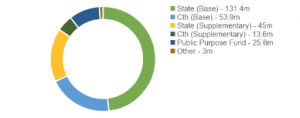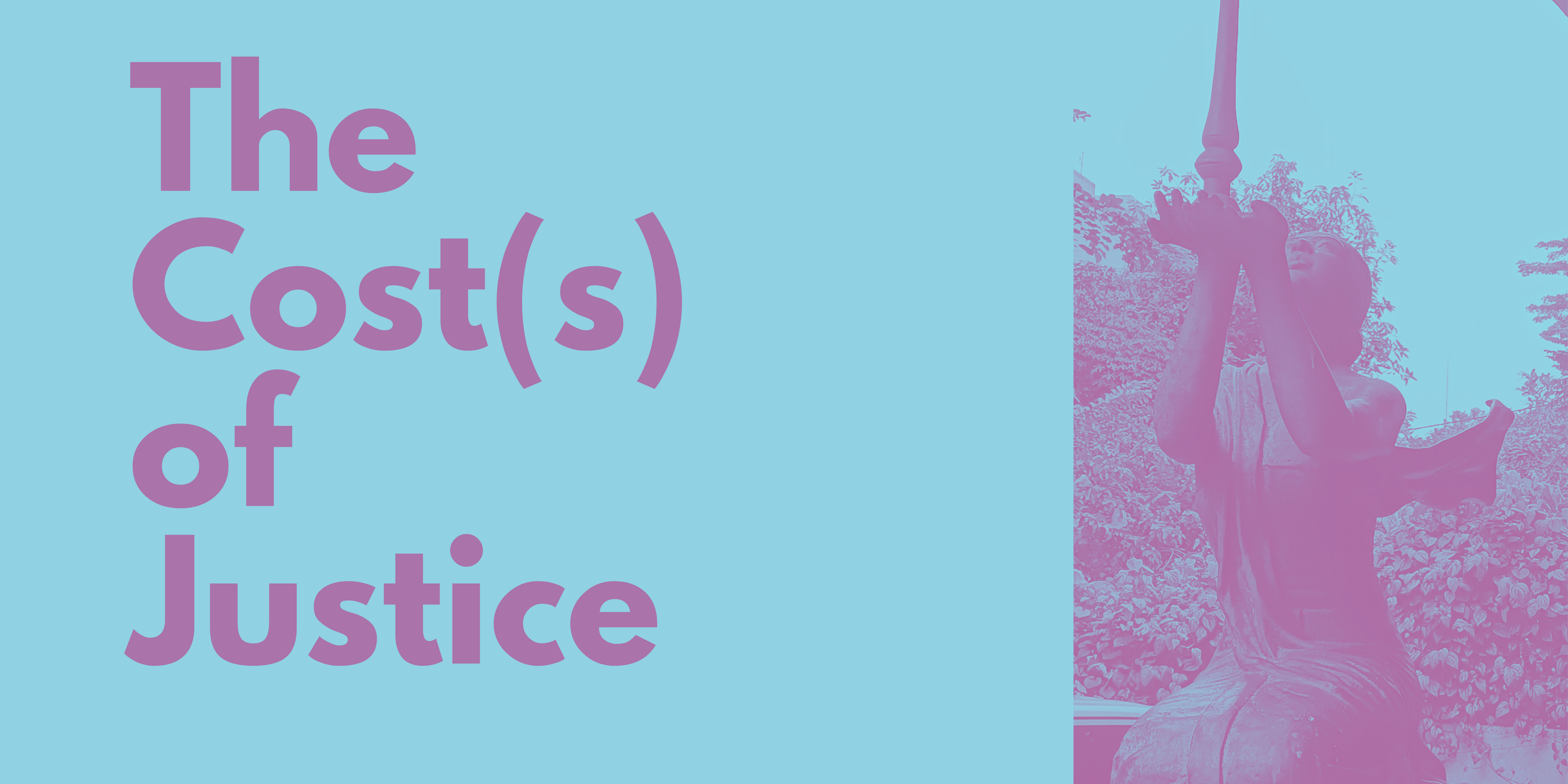This is an article about money. Not a glamorous topic by any means. But funding – especially consistent and adequate funding – is the lifeblood of any social justice movement.
Yet, legal aid organisations across Australia and Indonesia are underfunded for the work they do.
Having spent the past 2 weeks interning at LBH Jakarta, I can tell you first-hand that the sheer volume, quality and complexity of their work is nothing short of extraordinary, given their constrained budget.
LBH Jakarta is Indonesia’s leading legal aid NGO. It was the first of its kind, established in 1970 by renown pro-democracy activist and lawyer Adnan Buyung Nasution. For over 50 years, LBH Jakarta has defended the rights of underprivileged and marginalised Indonesians, providing free legal advice and casework. From ushering in the country’s first marriage laws (Syarifah case), representing local villagers against land grabs (Halim Perdanakusama Airport case) to rolling-back water privatisation in 2012, LBH Jakarta has relentlessly fought to create a fairer, more equal, society. One where indigence is no barrier to justice.
The hallmark of LBH Jakarta’s advocacy is its commitment to Structural Legal Aid (Bantuan Hukum Struktural – BHS). BHS recognises that legal change, alone, cannot tackle the root causes of injustice. That’s why LBH Jakarta complements its litigation work with political advocacy, community legal education and citizen empowerment programs. They train paralegals and hold public discussions on the latest developments in law.
Basically, every donation to LBH Jakarta funds access to justice (a fundamental principle of the rule of law) and strengthens civil society – a critical component of liberal democracy.
The importance of legal aid is enshrined in Indonesian national law. Law No. 16 of 2011 regarding Legal Aid (UU Bantuan Hukum) mandates the allocation of legal aid funds in the State Revenue and Expenditure Budget (Anggaran Pendapatan dan Belanja Negara –APBN). However, APBN funding makes up a miniscule amount of LBH Jakarta’s income. In 2020-21, it was only 0.41% (IDR 14,041,400; ~AUD 1331.89) of LBH’s total funding. To make matters worse, it’s been 10 years since UU Bantuan Hukum and Jakarta’s regional government still hasn’t ratified the Draft Regional Regulation on Legal Aid. The regulation would give legal aid NGOs in Jakarta an additional source of funding, this time from a regional authority.
Compare this to the funding landscape in Australia. Our largest legal aid organisations are established under statute, so they are state funded. Close to 99% of Victoria Legal Aid’s (VLA) income is derived from government sources. But even non-state legal aid organisations, like Justice Connect, source the majority (54%) of their income from government sources.
VLA receives annual base funding from the Commonwealth and State government. It also receives supplementary, one-off funding for a range of programs, such as COVID-19 or bushfire recovery response. Its remaining income comes from the Public Purpose Fund (PPF) and other sources like client contributions and cost recovery.
Victoria Legal Aid – 2020-21 Funding Sources (AUD)

But to no surprise, VLA’s funding still isn’t enough. Without additional base funding, it will have to reduce the breadth of its services. For example, the VLA has already decided to limit funding for legal representation for Children’s Court conferencing to only 1 conciliation conference. As another financial sustainability measure, the VLA now requires parties to seek costs against the Department of Health and Human Services in certain contexts.
Side by side, this comparison highlights LBH Jakarta’s overwhelming reliance on external, (more inconsistent) sources of income. As funding from international and local donor agencies continues to plummet, public fundraising becomes paramount. And not just from a financial standpoint, but a moral one too. At the end of the day, LBH Jakarta works in the public interest. It serves the public, educates the public and empowers everyday people to exercise their rights.
From an accountability standpoint, it makes sense for the public to support LBH Jakarta. Because public support equals public control. Regular donations ensure that LBH Jakarta maintains its independence and continues to fight for the people, and not what the powers that be consider important. National legal aid funding generally focuses on litigation assistance and ignores the broader priority of structural change embedded in BHS.
So, if you’ve read this far, I encourage you to donate. Whether it’s for LBH Jakarta, Justice Connect or your local legal aid organisation, every little bit counts.
You can donate to LBH Jakarta here: paypal.com/paypalme/SimpulLBHJakarta
Celine Lau
The University of Melbourne, Australia






